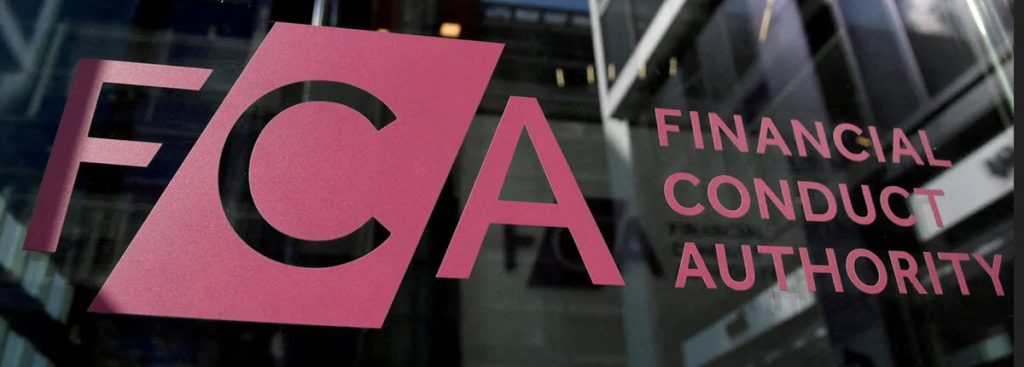Contents
How the FCA Work To Keep UK Forex Traders Safer



In the United Kingdom, the Financial Conduct Authority (FCA) works to ensure that forex brokers operate within the strict regulatory framework, with an emphasis on fairness, transparency, and ethical conduct. This includes rigorous licensing requirements for forex brokers and continuous monitoring to ensure the high standards are met.
The FCA plays a crucial role in safeguarding forex traders who are using brokers licensed by the FCA. Their work is carried out through a combination of strict regulations, continuous monitoring, client fund protection, fraud prevention, dispute resolution, and trader education. By enforcing these measures, the FCA promotes a fair, transparent, and secure trading environment, as well as confidence and stability in the forex market.

Licensing and Compliance
Authorization Process
Brokers must obtain FCA authorization, proving their financial stability, transparent operations, and adherence to ethical practices. The FCA conducts regular audits and requires periodic reporting to ensure ongoing compliance.
Regular Audits
Authorized brokers undergo regular audits to verify compliance with financial and operational standards. This continuous oversight helps identify and address potential issues promptly.
Client Protection
Segregated Client Accounts
The FCA mandates that brokers keep client funds in segregated accounts, separate from their operational funds. This protects traders’ money in case the broker faces financial difficulties or insolvency. (When a company mixes client funds with company funds, it becomes much more difficult – sometimes impossible – for clients to get their money back if the company becomes insolvent.)
Compensation Scheme
In case of broker failure, the Financial Services Compensation Scheme (FSCS) protects traders, offering compensation up to £85,000. For many retail hobby traders, this amount is considerably higher than the amount of money they keep in their trading account, so the limit is not an inssue for them.
Fraud Prevention
Market Monitoring
The FCA actively monitors the forex market for signs of fraudulent activity. This includes scrutinizing brokers’ practices and transactions to detect and prevent scams.
Enforcement Actions
When brokers engage in deceptive or fraudulent practices, the FCA takes enforcement actions, including fines, sanctions, and license revocations, maintaining market integrity.
Powers
The FCA is a powerful regulatory body, not only when it comes to its regulatory scope but also when we look at the tools they have at their disposal concerning alleged non-compliance.
The FCA is not only regulating and specifying standards, it is also legally permitted to investigate organisations and individuals, and it can freeze the assets of both organisations (e.g. businesses) and individuals that are under investigation.
The FCA can also interrim ban financial products for up to a year while investigation the grounds for a indefinite ban, and it can order firms to immediately retract or modify promotions.
Dispute Resolution
Complaint Handling Standards
The FCA sets standards for how brokers must handle complaints, ensuring that traders receive prompt and fair responses to their issues.
Financial Ombudsman Service
The FCA supports the Financial Ombudsman Service, which provides an impartial platform for resolving disputes between traders and brokers. This service helps address grievances fairly and efficiently.
Transparency and Education
Clear Information Requirements
The FCA requires brokers to provide clear, comprehensive information about trading conditions, fees, and risks. This transparency helps traders make informed decisions.
Educational Resources
The FCA offers educational materials and resources to help traders understand the forex market, trading strategies, and risk management. This includes guides, webinars, and market analysis tools.
This article was last updated on: October 14, 2024
